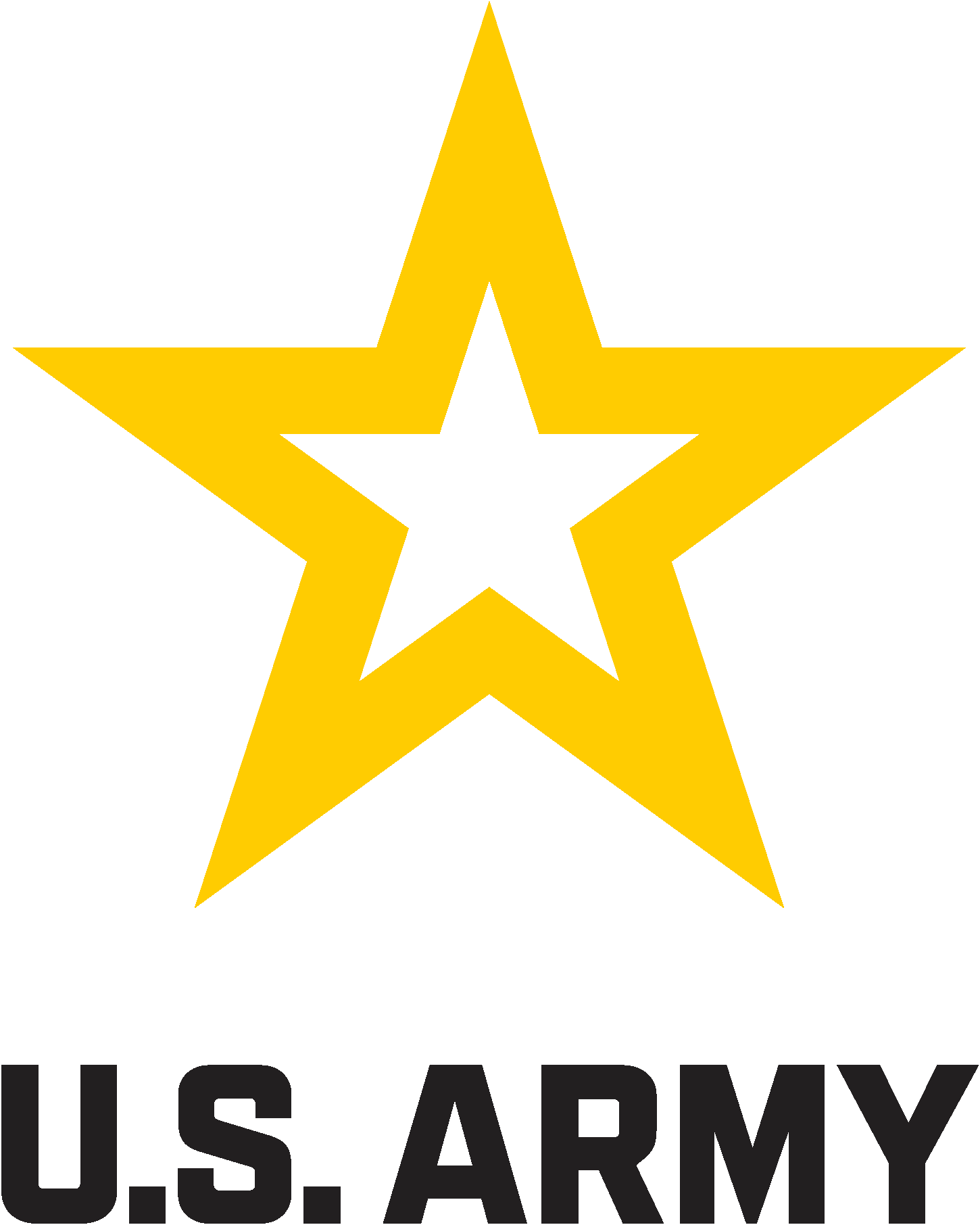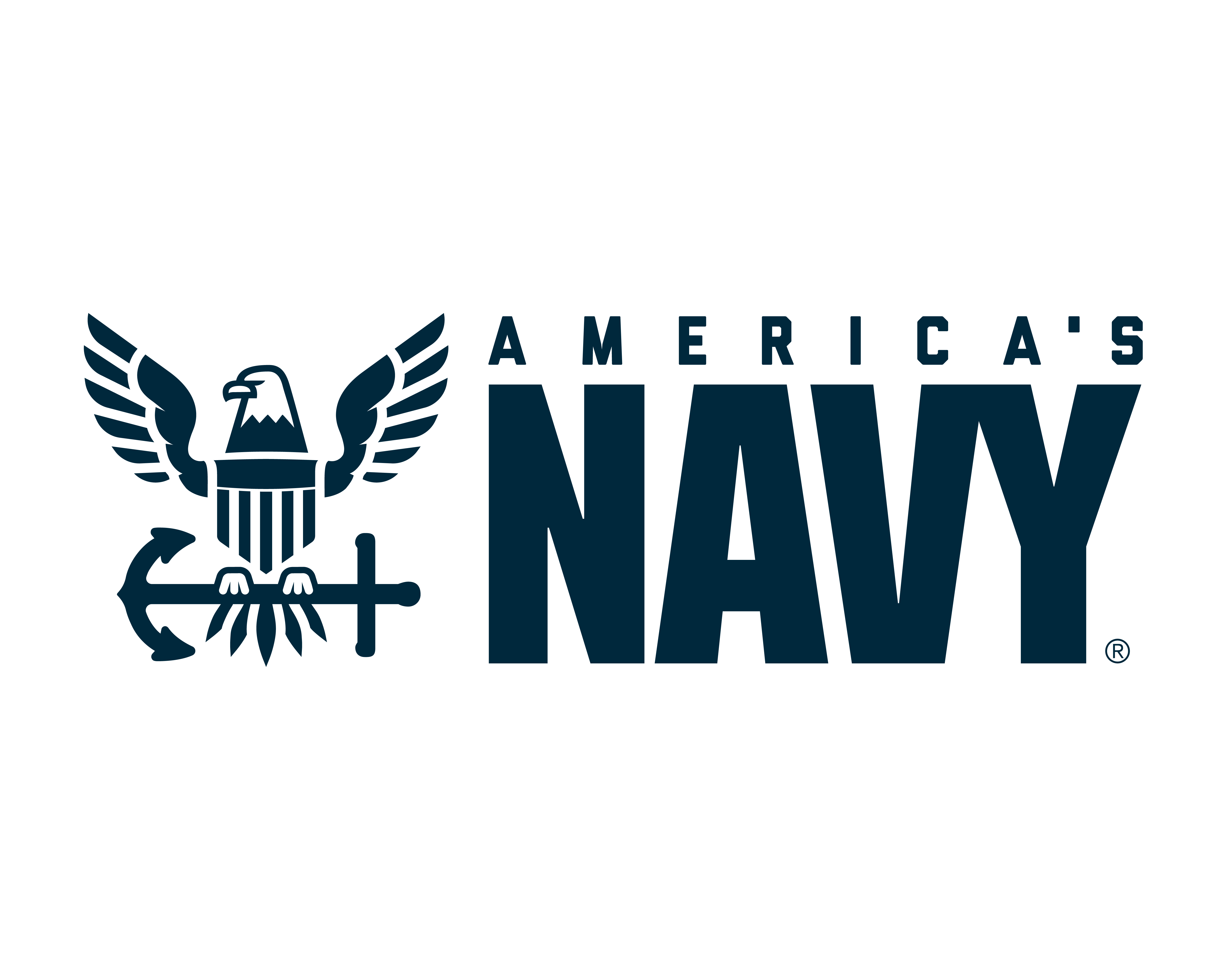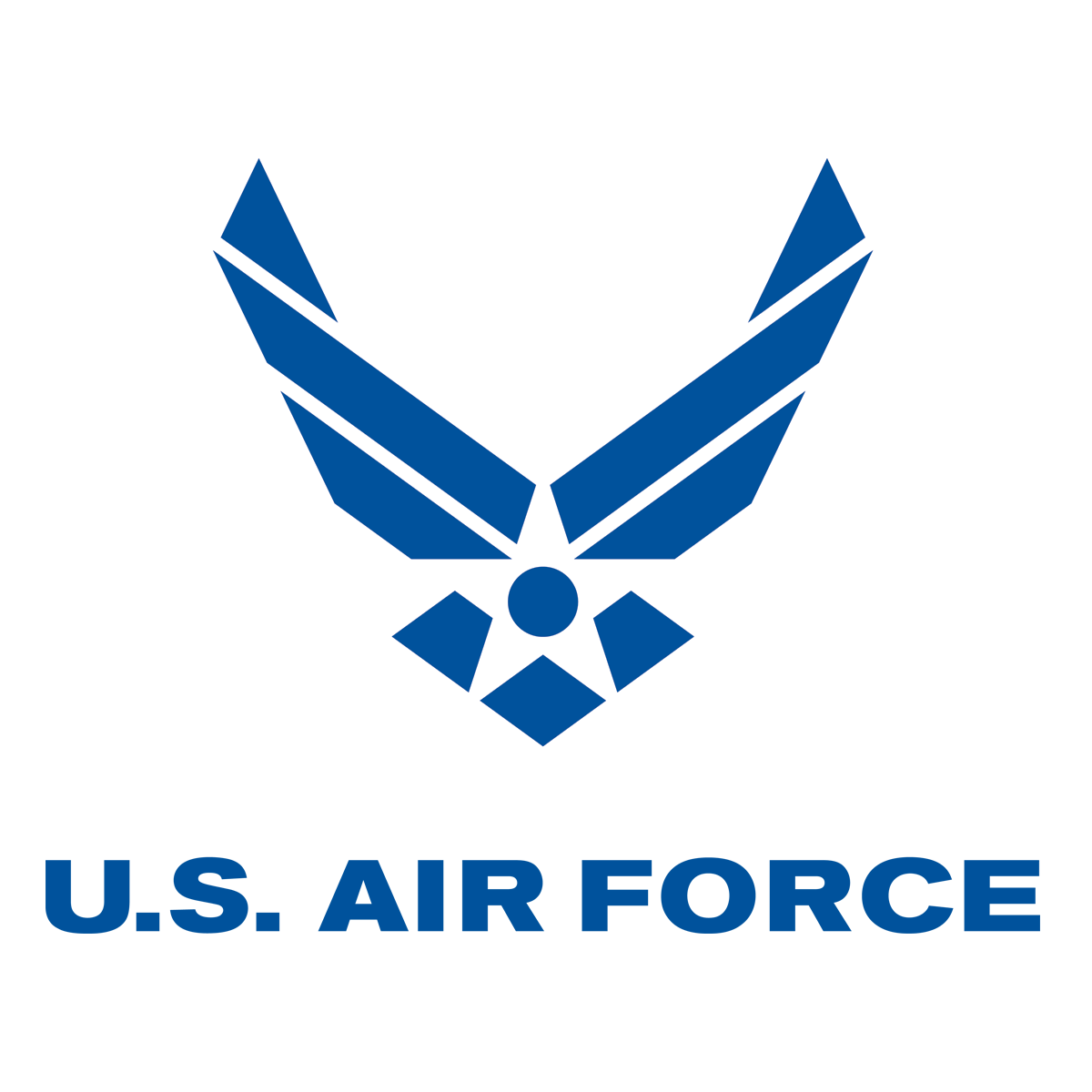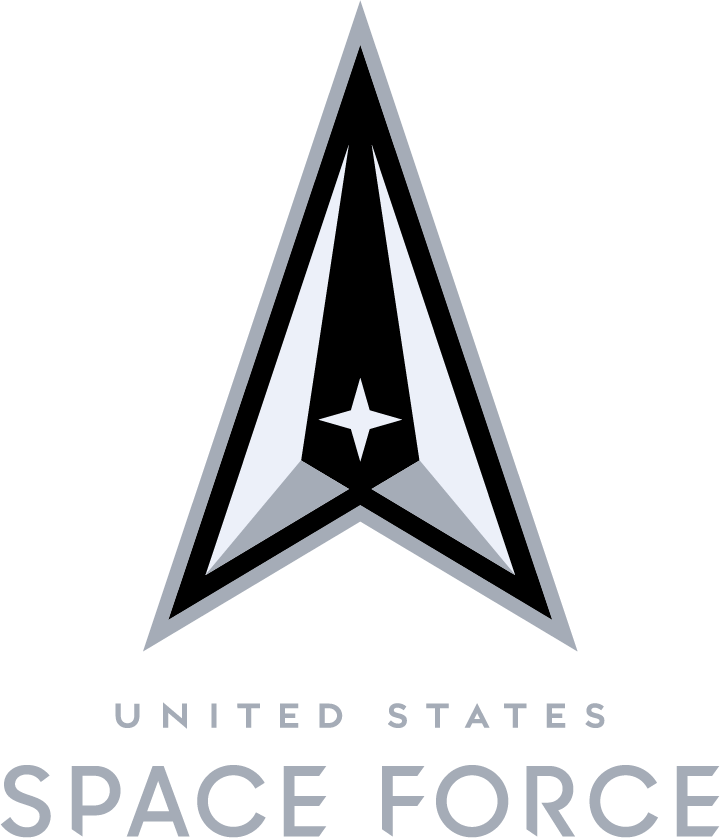Military Data Analysts
Military Career
General Information
Description
Military data analysts conduct quantitative and qualitative analyses to support a wide variety of military activities, including acquisition, combat operations, system development, logistics, and force design. They use scientific and mathematical methods to collect, record, store, and analyze data. Data analysts may utilize artificial intelligence methods and/or apply algorithms to solve complex problems, conduct risk analyses, and run combat simulations.
Explore this career outside the MilitaryWork Environment
Data analysts normally work in offices or computer sites. They may work outdoors while performing field studies or overseeing the installation of equipment and systems.
Comparable Industries
- Science, Technology, Engineering & Mathematics
Military Outlook
Service Branches
Jobs in this career field may be available in other service branches. Call or email a particular branch for more info.
Military Status
- Officer
- Managerial/professional
- College degree required
Military Workforce
Data Analysts in the Military
5,396
Salary
Salary Information
Median Military Salary This is the median, or the midpoint, of the salary range for this career.
$136,710
Military Salary Range Salary varies based on years of service, degree level, special pays, family status and location. Learn more about Military benefits.
$40,102 - $294,189
What makes up a Military salary?
Military salaries include a lot more than just base pay.
They also offer:
- Housing allowances
- Subsistence allowances
- Special and incentive pays
- Cost-of-living allowances
- Hazardous-duty pay
- Bonuses
Learn more about what goes into a salary with the compensation estimator
Learn more about military insurance and retirement benefits
Education
Military training
Officers typically enter the Military after they have completed a four-year college degree; enlisted service members can transition to officer positions through a variety of pathways and earn a degree while serving. Learn more about becoming an officer here . Like other officers, data analysts complete a comprehensive training program covering responsibilities, military structure and etiquette, traditions, and leadership development. Additional training consists of classroom and field training. Job-specific training content may include: Management engineering, internal review, and analysis techniquesOperations research methodologies Data analysis, statistics, and probabilityCost analysis, mathematical modeling, linear statistical modeling, simulation, and decision analysisSystems analysis proceduresOrganizational planning
Read More Army
Army Marine Corps
Marine Corps Navy
Navy Air Force
Air Force Coast Guard
Coast Guard Space Force
Space Force